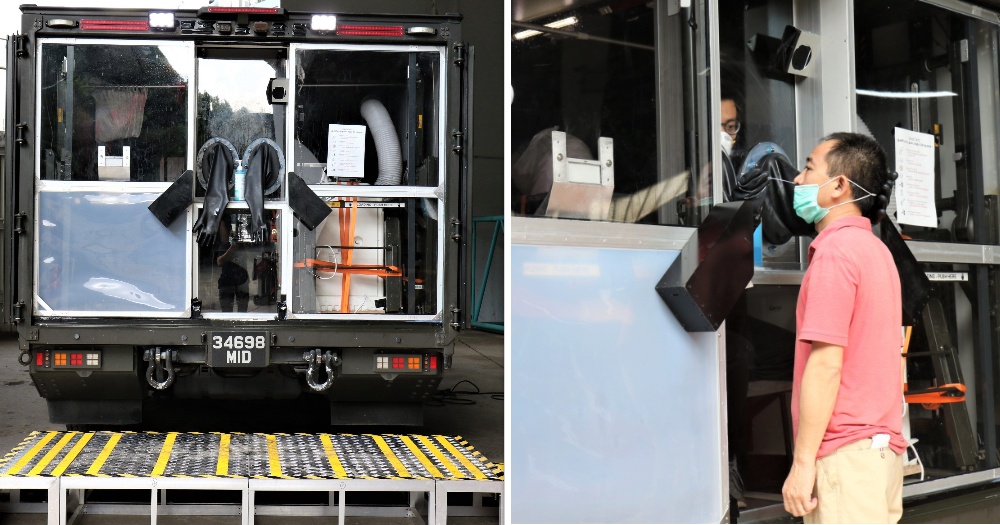Why do swab tests for Covid-19 sometimes yield both false positive and false negative results?
It's because, says Director of Medical Services at the Ministry of Health (MOH) Kenneth Mak, errors are intrinsic to the testing process, which may not be in itself always completely accurate.
Mak was speaking at a Friday (May 15) press conference in response to a question about incorrect results from a group of 35 tests done previously — 33 of which were false positives and two of which were equivocal (unclear whether they were positive or negative), but ended up testing negative.
Mothership also previously reported about at least one Covid-19 patient who tested negative three times before finally testing positive on the fourth occasion.
False errors are intrinsic to the testing process
Mak said that swab tests for Covid-19 may result in both false positive and false negative results.
He emphasised that there are "no tests available for any disease where the test is 100 per cent sensitive", adding that erroneous results are intrinsic to the testing process, which may not be completely accurate.
For example, he said false negative results may happen because the person conducting the test have collected a sample that is too small to detect the presence of the virus, and make a diagnosis of an infection.
He also said lab errors may contribute towards both false positive and false negative results, and the quality of tests used may also vary.
MOH will investigate whether the tests used are the reason for false positive cases
Hence, MOH tries to work at limiting and reducing these erroneous results in several ways.
First, Mak said MOH ensures that those who are doing the Covid-19 testing are properly trained, and that they undergo competency testing before they are allowed to conduct testing.
Mak said those who are trained may even be required to undergo a period of supervision before they are allowed to carry out the test unsupervised.
MOH also has a quality assurance programme that aims to minimise the possibility of errors occurring.
MOH working with lab that produced 33 false positive test results
Meanwhile, MOH will continue to work with the lab that produced the 33 cases of false positive Covid-19 patients as part of this quality assurance programme, in order to ensure that they will optimise their processes and prevent this occurrence from repeating itself.
Mak also said MOH will investigate whether the tests used are the reason why false error results took place.
Although such tests are tested by manufacturers, Mak said they have to be further validated locally.
He said that "a number of tests" have been validated by MOH thus far, although some tests have been assessed, and found not to meet MOH's standards.
Mak acknowledged that erroneous Covid-19 test results are significant, since they may lead to a person being wrongly diagnosed to have an infection, and vice versa, and that MOH has put in processes to reduce these error rates in order to mitigate the risk of harm to the people involved.
Related article:
Top images from MINDEF.
If you like what you read, follow us on Facebook, Instagram, Twitter and Telegram to get the latest updates.
